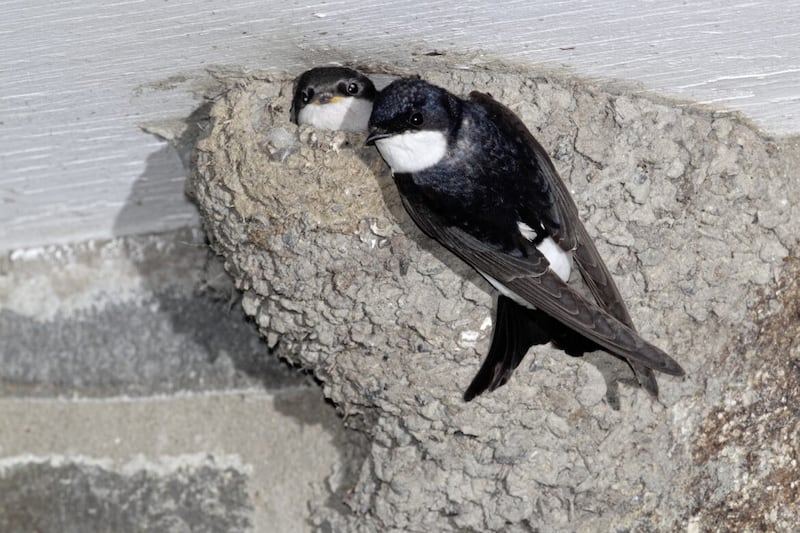A PIECE of orange peel lying at the foot of a tree in a forest, or a banana skin on the side of a mountain – sure they’ll just rot and fertilise the landscape. It’s recycling.
But these will not decay at the same rate as a leaf from an indigenous tree or fruit such as a blackberry or bilberry.
Bananas and oranges are non-native to Ireland and the microbes in our soil and air do not act on them as efficiently and so they biodegrade much more slowly, taking up to two years to be fully absorbed.
And rather than fertilising, banana skins have a lot of potassium which will actually change the composition of Irish soil. There is also a danger that the scraps of foods that may be nourishing or enjoyed by humans when left in wild places will be eaten by birds and mammals and even insects which cannot digest them properly and which could harm them.
We have all seen the monster gulls which swoop around the streets of towns and cities, scavenging on the ‘great tasting’ or ‘finger licking good’ scraps lying around the place.
And in more rural areas, scavengers such as magpies and crows will be attracted to edible rubbish, scaring off and displacing smaller and more endangered birds.
It can also attract invasive species which threaten our indigenous flora and fauna, presenting even further challenges to our already fragile ecosystems.
Plastics, polystyrene, tin cans, cardboard cartons, batteries and, more recently, surgical masks, are being strewn throughout our countryside and, as well as the eyesore factor, present dangers to wildlife and our biodiversity.
The outdoors has become a much more appreciated asset in the past year and the numbers of people enjoying outdoor activities has increased significantly. Unfortunately, this has also brought more litter.
An island-wide initiative, with international links, has been developed to promote outdoor ethics and encourage responsible recreation through education, research and partnership. Leave No Trace has been adopted by key players north and south and has been founded on seven key principles. Some of them are so obvious that it is a wonder that they have to be even included.
‘Minimise the effects of fire’. Surely no-one would think of lighting a fire in a fragile outdoor environment after a period of dry weather when the vegetation had dried out and had become hugely flammable?
While the principles are aimed primarily at walkers, they could be usefully shared with other key stakeholders in our countryside, including farmers, commercial premises and industries working in or close to environmentally sensitive areas.
Another of the Leave No Trace principles addresses one of the great unspokens of outdoor enthusiasts – where to go when you need to go and there is nowhere to go.
For the record, the advice is to use proper facilities when you can, but if that is not possible, find a bush or a tree at least 70 steps from water, campsites and trails. And if it involves solids, dig a hole 10-12cm deep and cover it over, making sure any used toilet paper or hygiene products are removed in an impermeable bag and disposed of appropriately.
I think I can now justifiably be accused of talking crap in this column.
Another principle is to leave what you find – avoid picking wildflowers or disturbing natural habitats and historic sites. Look but don’t touch.
The other principles are to plan ahead and prepare, be considerate of others, respect farm animals and wildlife (always keep dogs on leads and if an animal moves in response to your presence you are too close). And stick to paths when you can and only camp on durable ground.
More details on the principles and the initiative can be found at leavenotraceireland.org








